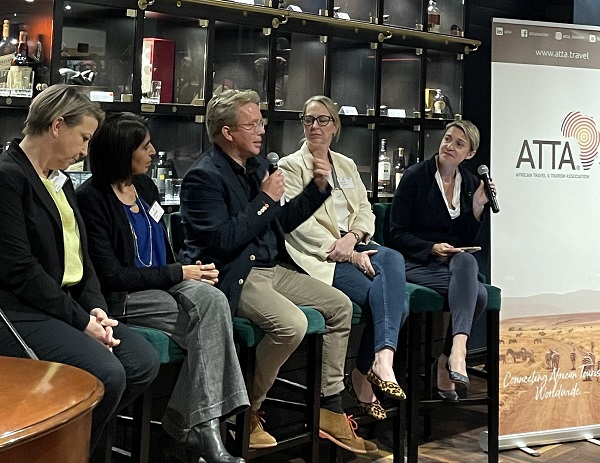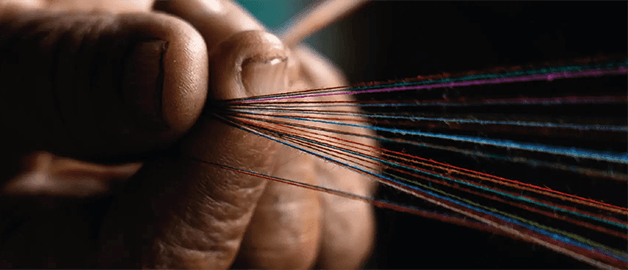Local communities and sustainable tourism
A symbiotic relationship
Whether it’s the way locals live, a product or craft they are famous for, historical sites and structures or the wildlife they protect, people are fascinated by people.
Local communities attract tourists to an area who hope to see, feel, taste or hear something different and authentic.
And who better to facilitate these experiences than the local people?
Tourism and hospitality businesses can benefit greatly from actively partnering with and participating in the diverse local communities that surround them. In fact, businesses that prioritise local economic development (LED) are more sustainable – and preferred by eco-conscious travellers.
It’s what we like to think of as a symbiotic relationship.
How local communities benefit the tourism industry
Your surrounding communities are a great place to find employees, particularly those with unique skills such as preparing authentic regional food, an understanding of the culture and history of the local area and knowledge of biodiversity, plants and wildlife.
Local suppliers such as butchers, grocers and florists offer your guests something they won’t get anywhere else in the world: a taste of life in your location.
In other words, partnering with local people creates a more authentic experience for your guests.
Sourcing produce and materials from local farmers and suppliers also reduces travel time and distance, which slashes your carbon emissions and costs while ensuring you get the freshest produce.
How tourism benefits local communities
Local economic development is a cornerstone of sustainable and responsible tourism because it breaks down barriers for locals to participate in and benefit from ecotourism.
By offering employment and training opportunities to locals, engaging local businesses and marketing the area to tourists, you help them make the most of new revenue-generation opportunities available to them through increased tourism.
Investing time, resources and volunteer hours into local initiatives such as language development, caring for the natural environment and providing mentorship to young people, for example, can create a lasting impact.
How to find the right balance
The key to creating positive impact is relationship building. Prioritising social responsibility is a selling point that will appeal to ethically-minded and eco-conscious guests.
Start by having open conversations with stakeholders in your community about the challenges they experience and what they would change if they could.
This knowledge is vital for LED success and gives you an opportunity to make a tangible, felt difference in the local area.
In building these relationships, your business is greatly rewarded through shared value creation and dependencies in the community. And that, ultimately, creates an authentic and one-of-a-kind experience for your guests.
The Long Run and The Conscious Travel Foundation recently ran an insightful Indigenous Tourism Webinar exploring the importance of respectful collaboration with indigenous communities, how to develop and promote these experiences in an ethical way, and how interactions with indigenous communities enrich travellers. Read a summary of the key findings here.
Weeva’s community module helps you understand your impact across a number of areas, including community impact. Start a free trial and find out how to reach out to community stakeholders to develop strong local partnerships.

Other content you may like

3 elements of local economic development in tourism

ATTA partners with Weeva
